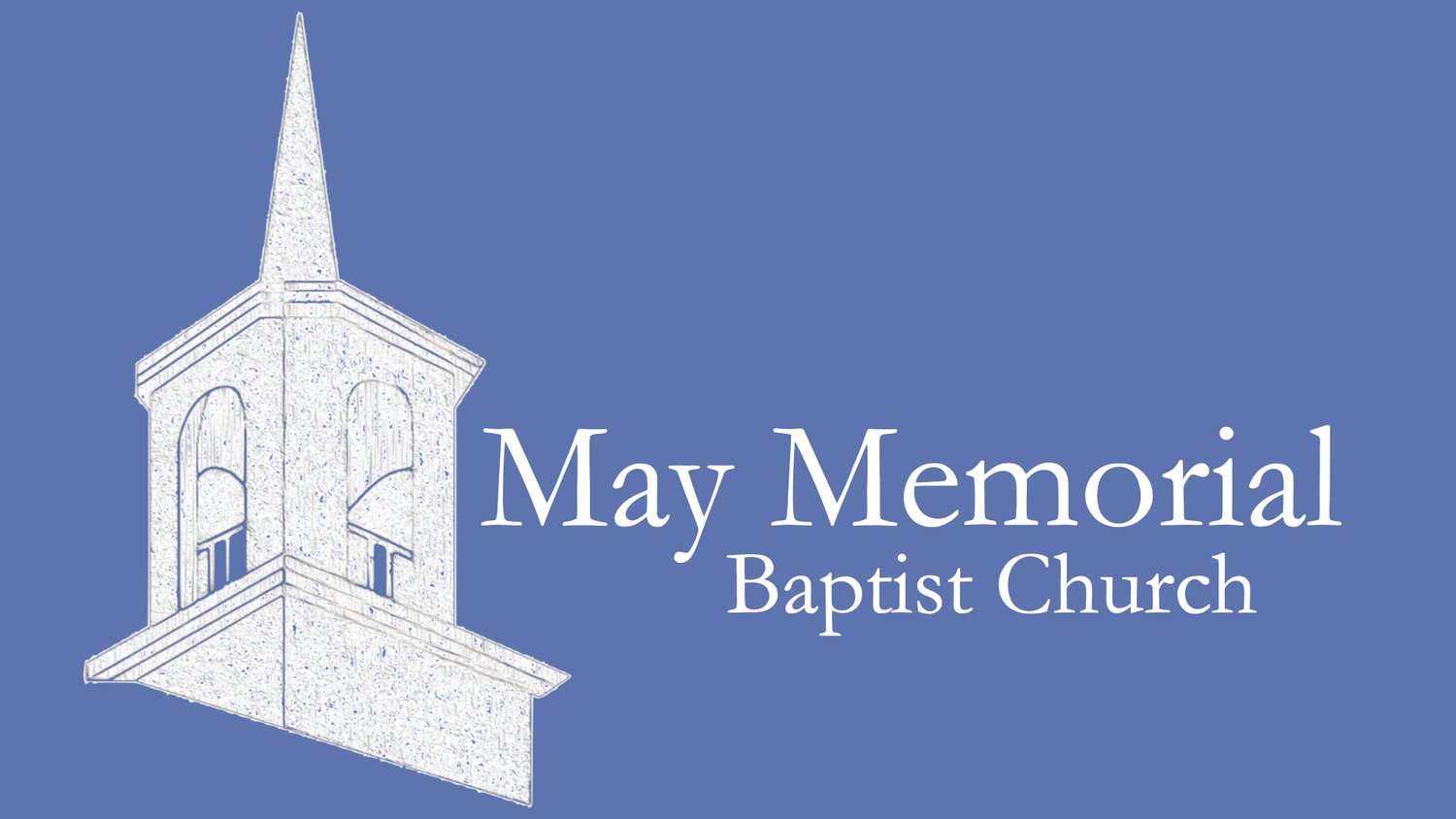I have to be honest: most texts in scripture no longer stir me emotionally. I have heard the popular ones so many times. Luke’s birth story, Luke’s story of the prodigal son. Matthew’s Sermon on the Mount including the Beatitudes and Lord’s Prayer. Even the story of resurrection rarely touches my emotion. I guess this is a side effect of a life that is spent continuously around the Church and scripture. Familiarity often dulls the senses and removes the surprises, and we always know what is coming and are prepared for it. One text that surprised me a couple of weeks ago was the prophet’s image of the peaceful kingdom of God, in which the wolf shall live with the lamb and the leopard the kid. Calf and lion shall live together and a little child shall lead them both. The bear shall graze with the cow, and even the lions will eat straw. Little children shall play among serpents that were once considered deadly, and “they will not hurt nor destroy on all God’s holy mountain.”
As I heard this passage from Isaiah 11 a couple of weeks ago during worship I suddenly found a lump in my throat. My eyes filled with tears because it suddenly struck me how far we are from this vision that Isaiah had of God’s kingdom. Violence, hate, death, disease, and evil seem to be the images that dominate the world. Darkness abounds, and the light of Christ seems to be a flickering candle flame in the face of this shocking darkness.
This world is a dark place. The darkness seems so strong, that at times it is hard to know where to find light. On the Eve of Christmas we light the Christ Candle, and it is a time-tested and beautiful tradition that warms the hearts of those who celebrate that light.
The light of Christ can be found in many ways: in worship, in giving, in spiritual formation, in evangelism, in fellowship, and in service to others. Christ has promised to be present when we are busy being the church, and we are busy about being the Church every week.
One of my favorite contemporary hymns is titled “Christ Be Our Light” by the British composer and hymn-writer Bernadette Farrell. Each stanza is in a minor key, and conveys a “longing” for light in a dark world. The refrain is sung in a major key, and proclaims that it is Christ who is our light. You can watch and hear the energetic Notre Dame University Folk Choir singing this hymn by clicking here.
Is your world dark? Do you need the light of Christ? Devote yourself to God and to being a part of God’s people.
It’s a dark world…Come and find the light of Christ.




